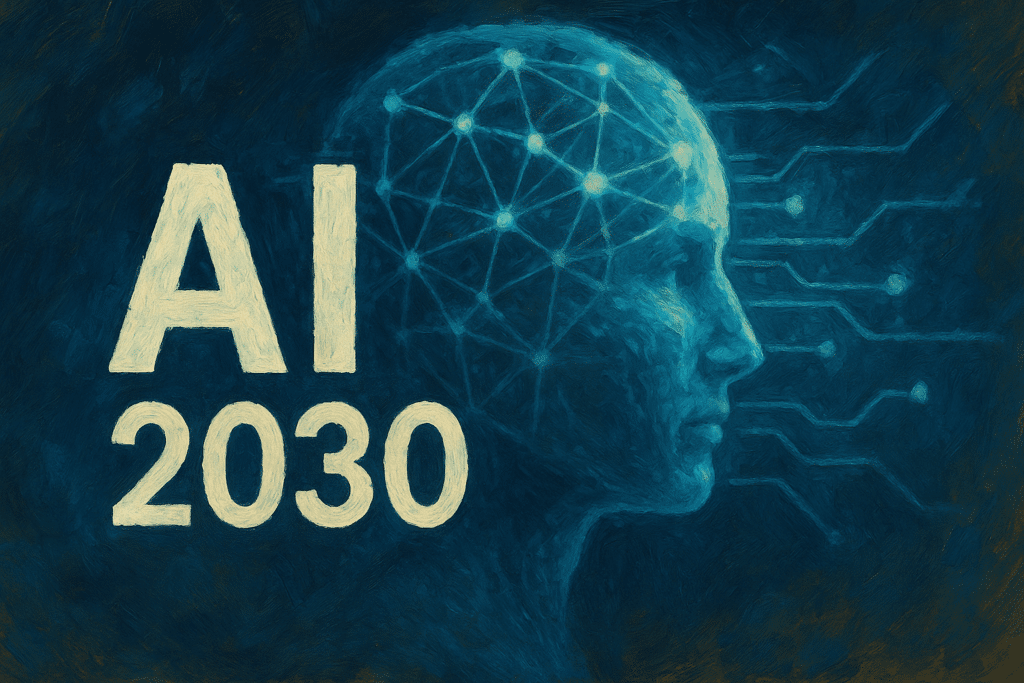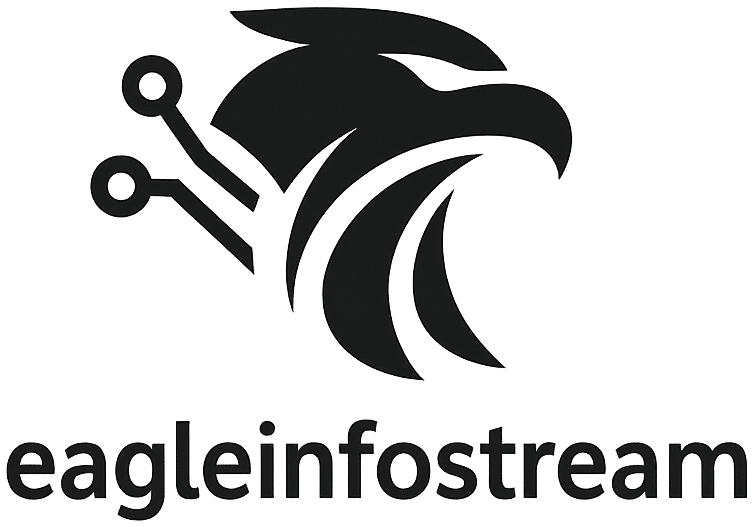Ever since the first conversations around artificial intelligence emerged, people have reacted with a mix of awe and anxiety. The idea of machines thinking like humans sparked sci-fi thrillers, ethical debates, and fears of job loss or control over society. Some viewed AI as a savior for innovation, while others saw it as a threat to humanity itself.
In the early 2010s, public opinion was largely skeptical. Warnings from figures like Elon Musk and Stephen Hawking about AI’s potential to surpass human control added to the anxiety. Meanwhile, automation was already replacing manufacturing jobs, deepening concerns that AI would create a cold, disconnected world.
But the narrative has shifted. As AI technology matured, so did our relationship with it.
The Present: Living with AI in Everyday Life
Fast forward to the 2020s, and AI is no longer a futuristic concept it’s already integrated into our daily routines. Smart assistants schedule our meetings, machine learning algorithms recommend our next binge-watch, and AI tools like ChatGPT help us write emails, brainstorm ideas, and even simulate conversations.
This evolution is reshaping not just tasks, but relationships. Emotional AI, like companion bots, are being used in elder care and for individuals dealing with loneliness. In workplaces, collaborative robots (cobots) are working alongside humans, blending efficiency with empathy. AI is not replacing relationships, it’s beginning to participate in them.
Still, this raises new questions: Can AI truly understand emotion? Should we form attachments to digital entities? Where do we draw the line between support and dependency?
The Future: What Will Human-AI Relationships Look Like by 2030?
By 2030, AI is expected to play an even more central role in how we form, manage, and maintain relationships personal, professional, and societal.
1. Emotional Companions & AI Friends
AI-driven chatbots with emotional intelligence may become genuine sources of support. As loneliness continues to rise, especially among older populations, AI companions could offer conversation, memory support, and routine care. For younger users, virtual friends might help navigate mental health, stress, or even social anxieties.
2. AI-Mediated Communication
AI will likely become a “social assistant” mediating conflicts, improving communication, and analyzing emotional tone in real-time. Imagine AI-enhanced couples therapy that tracks speech patterns and emotional shifts to offer suggestions mid-conversation.
3. Love & Romance
AI-powered dating platforms will go beyond swipes. Algorithms will deeply understand your personality, values, and even subconscious biases to recommend matches. Virtual reality dating with AI-generated personas could be commonplace.
4. Parenting and AI Co-Raising
AI may also assist in parenting from AI nannies to educational tutors that adapt to a child’s emotions and learning style. This co-raising model brings up philosophical questions: How much should machines influence human upbringing?
5. Job Relationships & Trust
In workplaces, AI will become a “colleague” that you can trust with ideas, execution, and creativity. The challenge won’t be productivity it’ll be trust. Teams will need to balance human intuition with algorithmic decision-making.
A Global Message: Decide Wisely, or Be Left Behind
AI is not inherently good or bad it is a mirror reflecting human intent. By 2030, how we choose to integrate AI will shape not only technological growth but human evolution. Governments, educators, and individuals must step up to build ethical frameworks, digital literacy, and human-first design principles.
If you ignore AI, you risk falling behind. If you embrace it blindly, you risk losing authenticity. The wise path lies in thoughtful adoption one that keeps humanity at the center.
We’re not racing against machines. We’re racing to define the terms of coexistence.
Conclusion: Embrace the Future with Purpose
Human relationships are complex, emotional, and rooted in trust. AI, by 2030, will not replace that but it will influence it in ways we’ve never imagined. From friendship to love, conflict resolution to parenting, AI is becoming an invisible partner in our relational journey.
Make your decisions wisely. The AI future is already knocking. Whether you welcome it with caution, collaboration, or creativity the choice is yours. Just don’t stay silent, because in this race, being unaware is being left behind.


